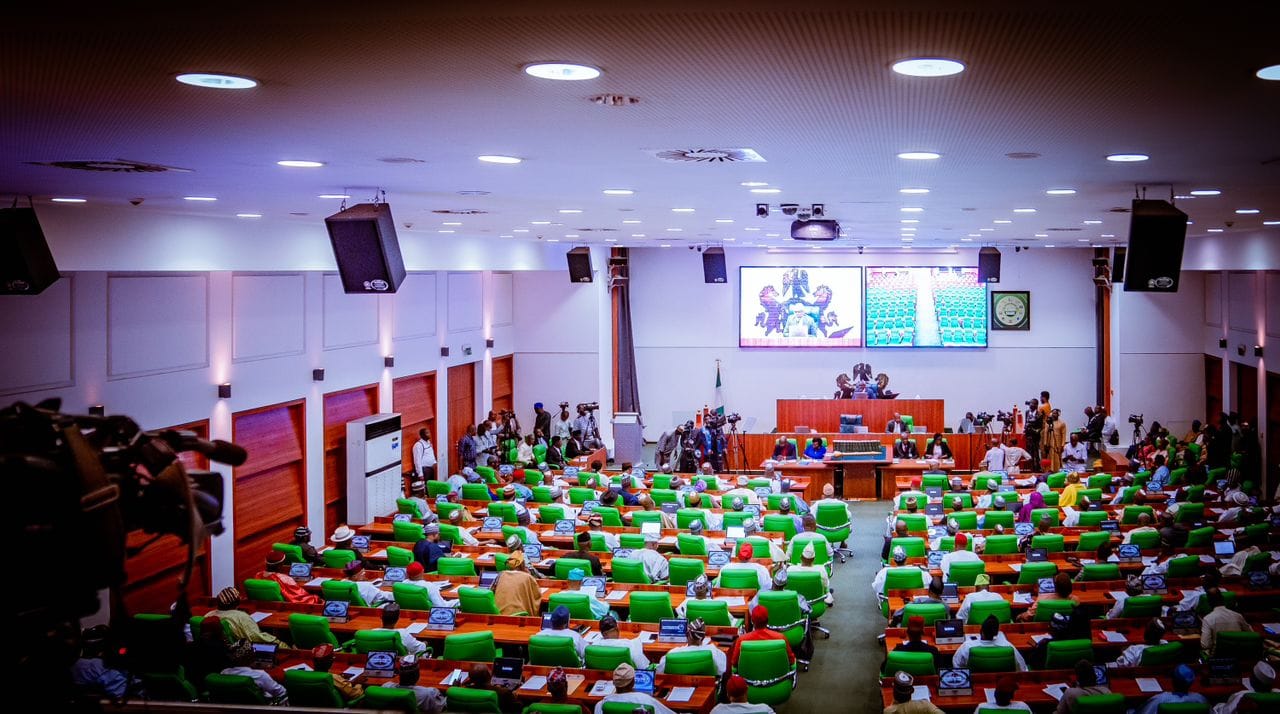The House of Representatives has softened its stance on the controversial Tax Reform Bills, allowing them to scale second reading after a three-hour debate on Wednesday, paving the way for a public hearing.
This development contrasts sharply with the initial uproar that greeted the Bills when President Bola Ahmed Tinubu sent them to the House in October 2024, leading to an executive session that postponed deliberations due to resistance from Northern leaders and the Nigerian Governors’ Forum (NGF).
The Bills in question include the Nigeria Revenue Service (Establishment) Bill, the Nigeria Tax Bill, the Nigeria Tax Administration Bill, and the Joint Revenue Board (Establishment) Bill. They were consolidated into a single document for a seamless debate.
House Leader Julius Ihonvbere set the tone for the debate, explaining that the Bills aim to overhaul Nigeria’s outdated tax laws, emphasizing that the reforms would benefit ordinary Nigerians without imposing undue tax burdens on the poor.
“We need a reform of our tax system which is completely outdated. Our tax-to-GDP ratio is the lowest in Africa, and we need to enhance our tax returns,” Ihonvbere stated.
Minority Leader Kingsley Chinda expressed support for the intent behind the Bills but highlighted concerns about specific clauses, particularly a proposed Value Added Tax (VAT) increase from 7.5% to 15% over time.
Sada Soli pointed out constitutional inconsistencies within the Bills, particularly Section 141, which he argued contradicts existing laws, while Marian Onuoha supported the Bills’ focus on taxing the wealthy more.
The Bills, now headed for public hearing, aim to harmonize Nigeria’s tax laws, enhance revenue generation, and address current economic challenges.




